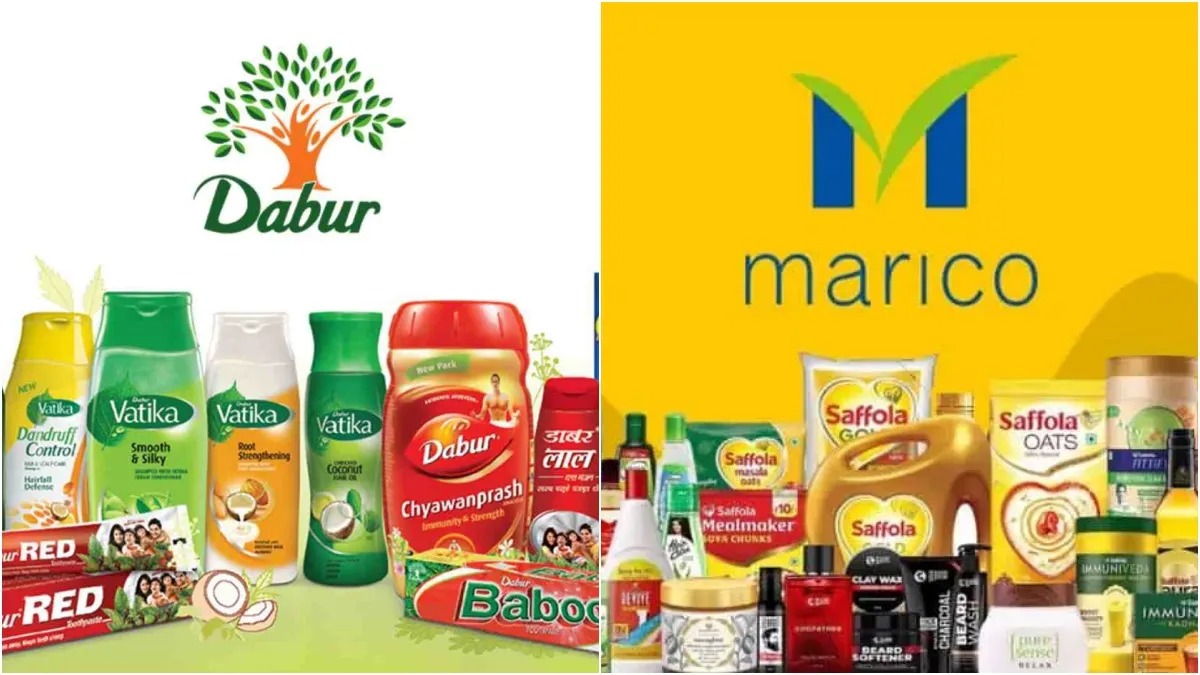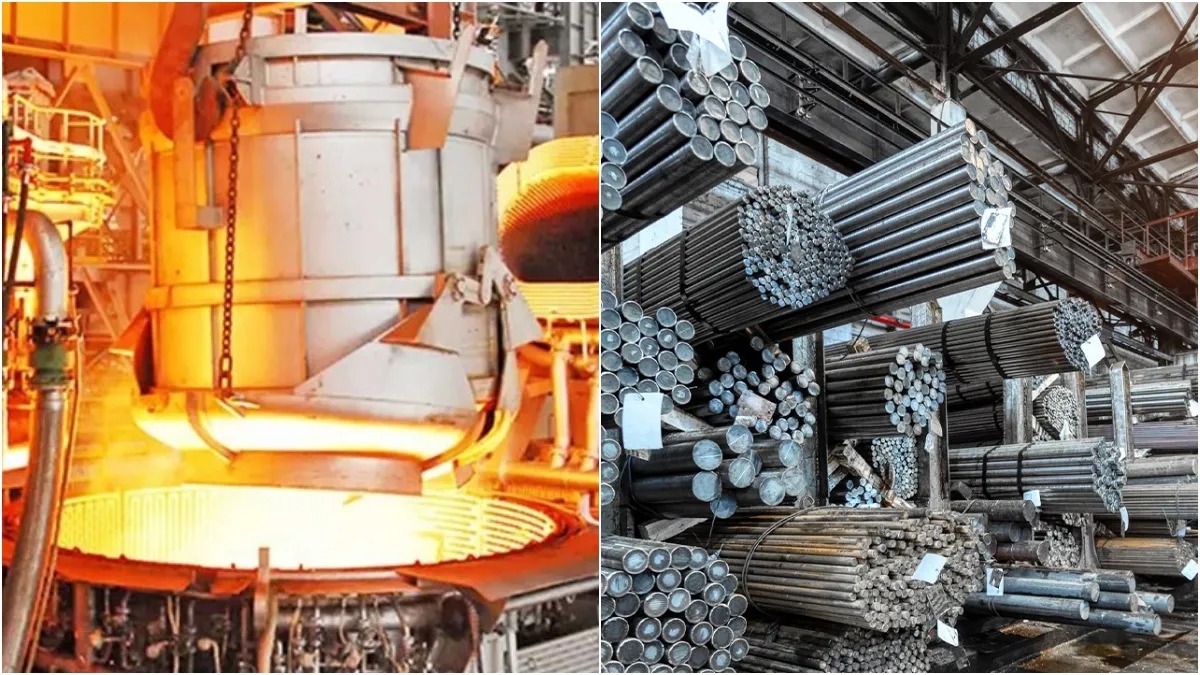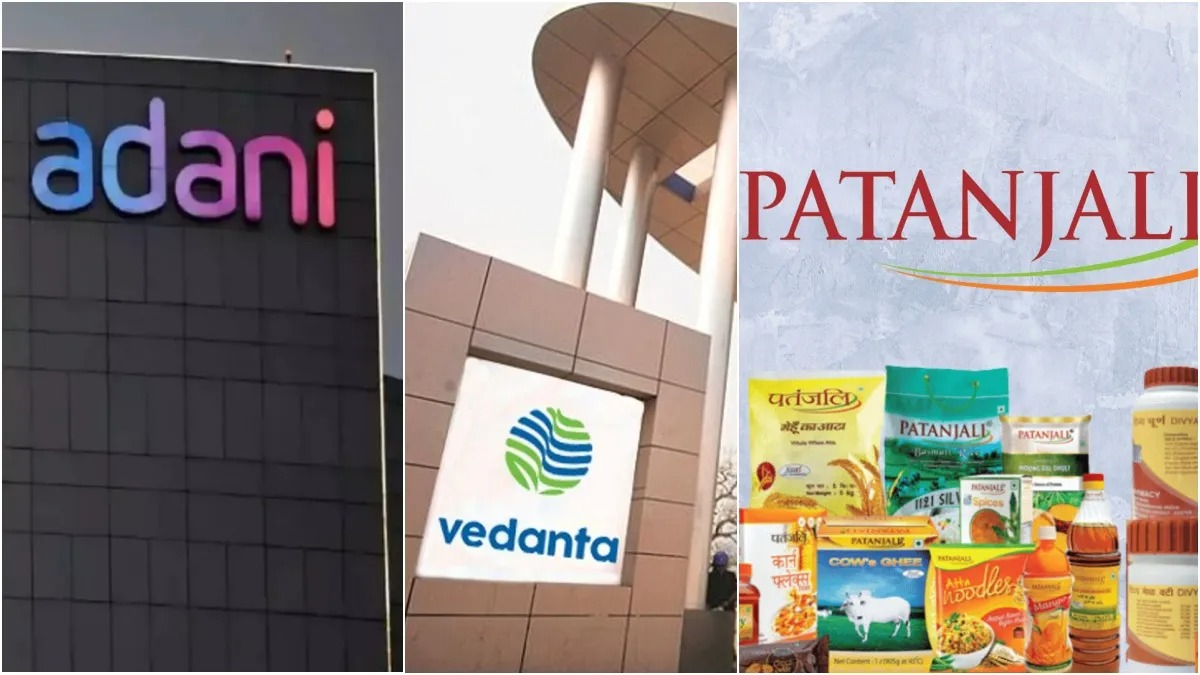
In the fourth quarter of FY2025, rural areas outpaced urban markets in terms of growth for fast-moving consumer goods (FMCG) companies. However, high commodity costs continued to affect profit margins across the sector.
Companies such as Dabur, Marico, and AWL Agri Business (formerly Adani Wilmar) noted strong rural demand, while traditional retail outlets, particularly in urban regions, faced challenges. Food inflation weighed on consumer sentiment in cities, although e-commerce and quick commerce platforms maintained their growth trajectory.
Urban Market Still Crucial, But Growth Prospects Rely on Inflation Cooling
Urban markets contribute nearly 66% of total FMCG revenue. Despite the subdued demand from these areas in Q4, FMCG firms are optimistic about the coming financial year. The expectations are driven by easing inflation and a predicted normal monsoon.
Dabur highlighted robust rural demand in its quarterly report but noted a slowdown in volume growth across markets. The company also projected a decline of 1.5% to 1.75% in operating profit margins due to revenue drops and inflation, in addition to seasonal impacts during winter.
Company Insights: Rural Resilience and Channel Performance
AWL Agri Business recorded stronger growth in rural markets, especially within the food segment. Marico observed stable demand across its portfolio, with rural segments showing improvement, although performance in urban premium and mass categories remained uneven.
AWL also shared that its quick-commerce segment saw sales double year-over-year in the March quarter, showcasing the rising role of fast delivery systems. Dabur reported steady growth in organized retail channels but continued struggles for general trade outlets.

 Share
Share






